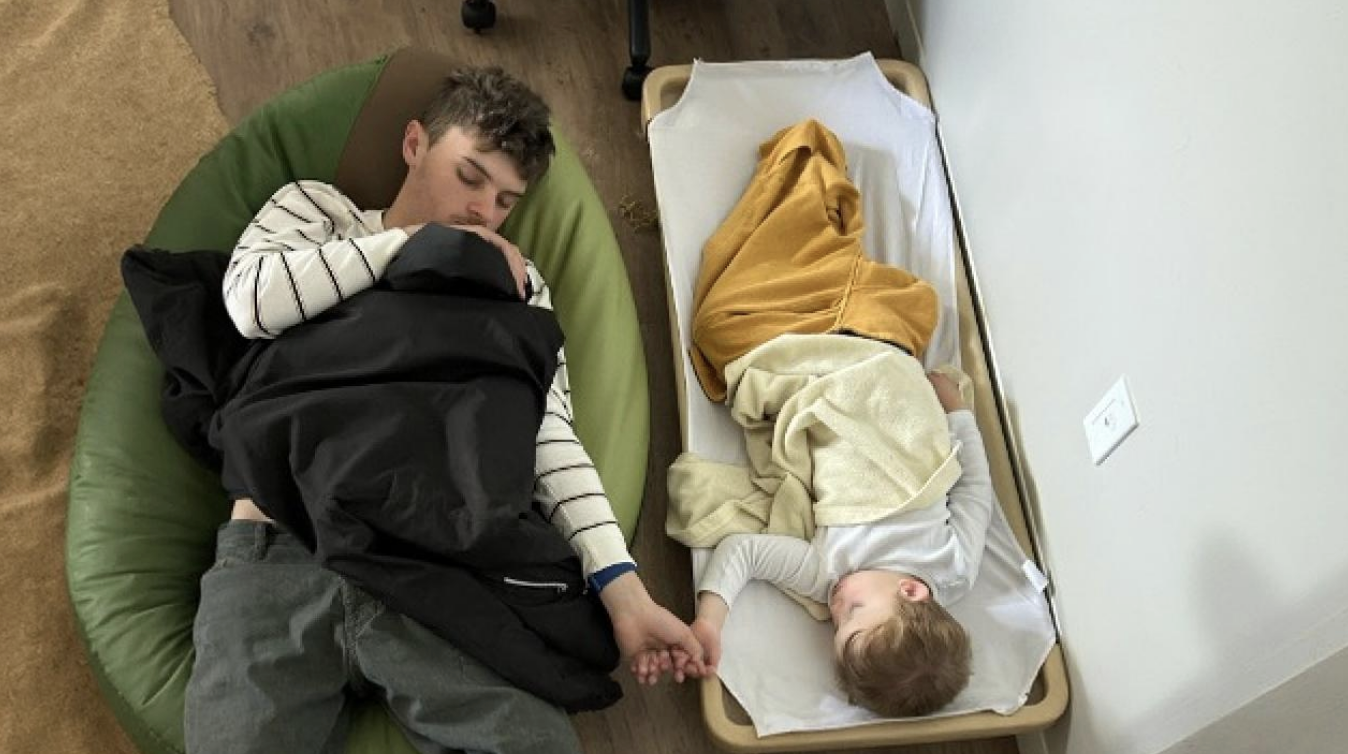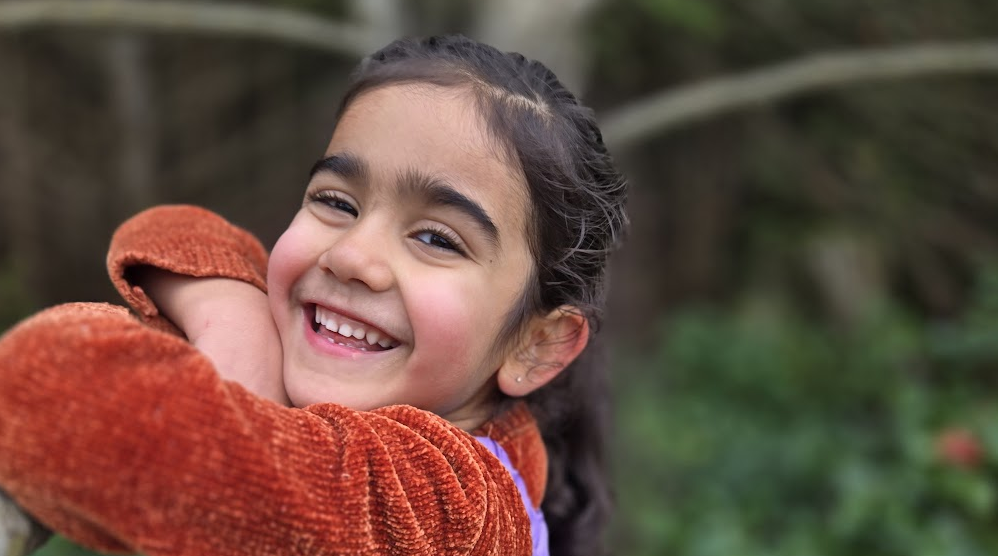For some, play is a chance to be with others to share, even in the most humble of settings, in communities with toys, games, on outdoor gym equipment, in a sandbox, with a jump rope, or in an abandoned cardboard box.
For others, play is the fervent desire for the gift of time twenty minutes, one-on-one with Mom, Dad, a special caregiver or friend specifically for play.
For young children, play is more than just a fun activity. Research has shown that play contributes to a child’s healthy development. It helps build social, emotional, physical and cognitive skills. Furthermore, play is a child’s right.
” For young children, play is more than just a fun activity. Research has shown that play contributes to a child’s healthy development”
A Powerful Promise to Children
The United Nations Convention on the Rights of the Child spells out in 41 articles the basic human rights to which children (under age of 18) everywhere are entitled.
By ratifying this Convention in 1991, Canada made a commitment to ensure that all children are treated with dignity and respect. This includes safeguarding the right of children to have a voice, be protected from harm, to have access to health care, and be provided with their basic needs and every opportunity to reach their full potential. The Convention also acknowledges the key role of parents and families in the lives of children and young people.
The right to play is outlined in Article 31 of the Convention. When we consider that children are expected to achieve more and more, and that they have less and less free time available for play, it’s clear that play time has become a right in need of protection.
Article 31
- States Parties recognize the right of the child to rest and leisure, to engage in play and recreational activities appropriate to the age of the child and to participate freely in cultural life and the arts.
- States Parties shall respect and promote the right of the child to participate fully in cultural and artistic life and shall encourage the provision of appropriate and equal opportunities for cultural, artistic, recreational and leisure activity.
— United Nations Convention on the Rights of the Child, 1989. Ratified by Canada in 1991.

Ideas on How to Support a Child’s Right to Play
- Set aside time for play in a child’s busy day. There are many structured activities available to children. But remember that play time is an extremely valuable time for learning.
- Set aside time for play in busy day. Join in your child’s play. Let him guide the play, but take the opportunity to reinforce social conventions, such as sharing, taking turns and role-playing.
- Choose an early learning and child care program with a play-based approach. These programs understand the link between play and learning. They ensure that there are large blocks of time each day when children may chose from a number of activities selected by the educator in order to become leaders in their own learning.
- Create safe and stimulating play environments within your home.
- Organize within your school and community to create safe places for children to play.
NATIONAL Child Day
November 20th
A special day to commemorate the right to play and other articles of the Convention on the Rights of the Child
In 1993, the Government of Canada enacted Bill C-371, otherwise known as the , and designated November 20th of each year as a national day of the child in order to promote awareness in Canada of the Convention. For ideas on how you can celebrate National Child Day and children’s rights, visit the Canadian Child Care Federation website at www.cccf-fcsge.ca.












